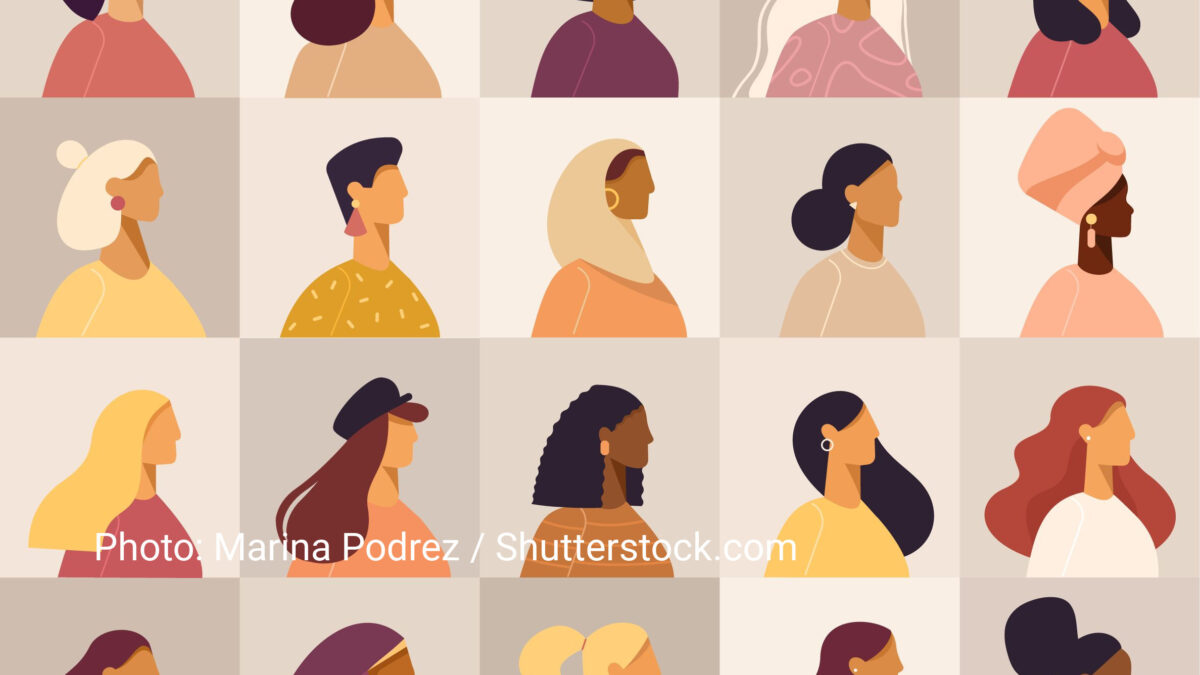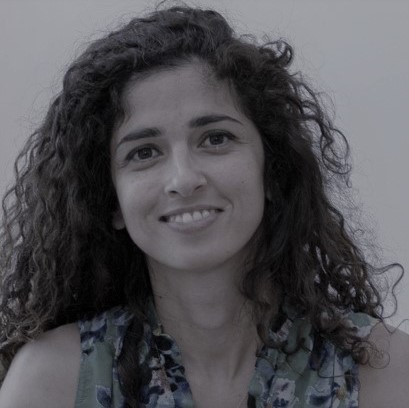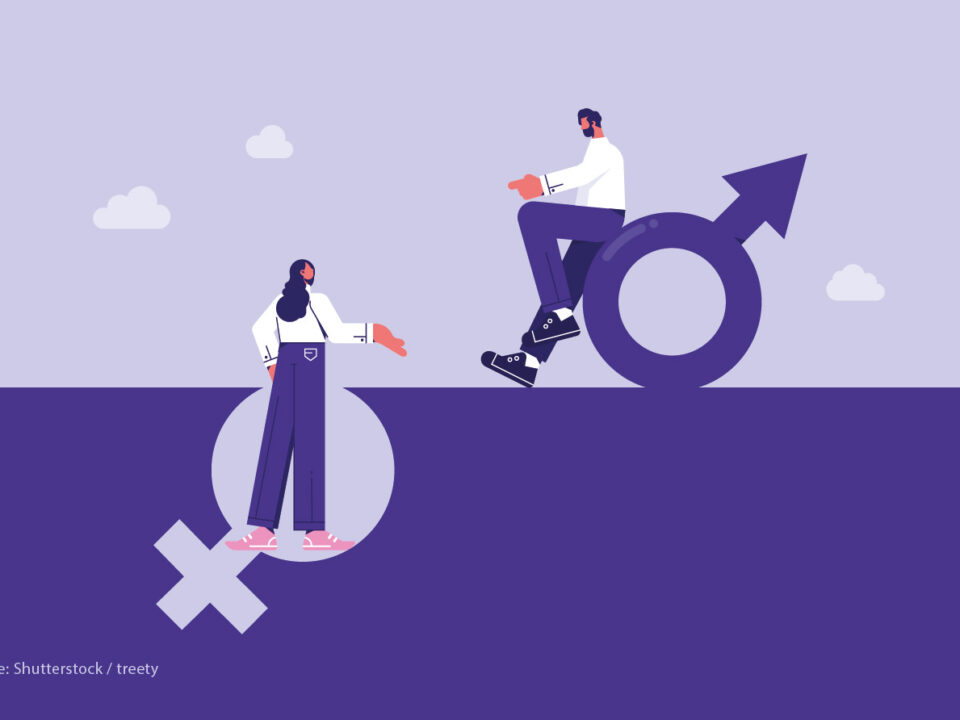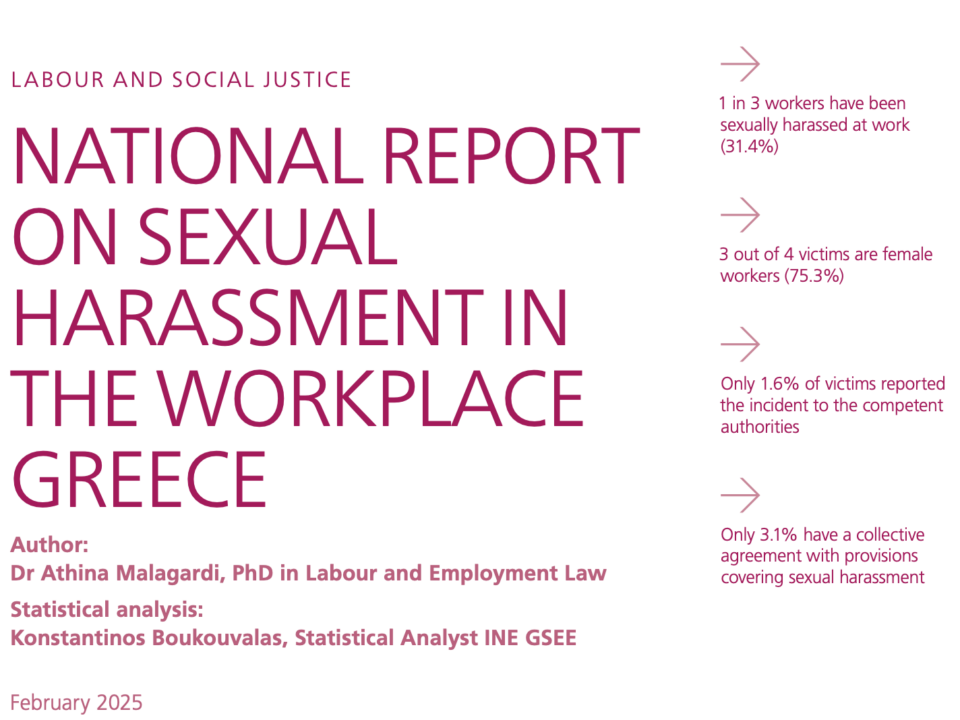Competing on equal terms for a place in the workplace – The “Worldplaces” project for Migrant Women

Do we all set off from the same start line in the career running track? Supposably we all bring along a certain knowledge of the local labour market, expertise in a specific field accompanied by officially recognised diplomas, soft skills highly matching local work environments (including networking skills) and, of course, sufficient resilience and determination; plus, a supportive environment. However, this common “start line” seems utopian since we are all different, someone would say, or since the societies in which we co-exist are not built in a way that ensure that all of us do have the access to same (equal?) educational or employment opportunities, another one would add.
Besides, do we all set off at the same time point at the start line? Some of us may have just started, when our “fellow runners” are already on their fifth lap, wondering why it took us so long to get going. And what about those of us who hesitatingly get into the running track again, after having been forced previously to stop all of a sudden and quit the race for a quite long time?
Nevertheless, we are all much needed to “run” in that career running track, and many of us, moreover, feel the urge to actively be in it, successfully and ceaselessly, let alone, we are all entitled to be in it: “Everyone has the right to work, to free choice of employment, to just and favourable conditions of work and to protection against unemployment” (article 23, The Universal Declaration of Human Rights).
In modern Greece of 2023, in its unique labour market (as each labour market could be considered unique), people with the right to work (for a group of people this right is otherwise called “work permit”) are expected and, at the same time, welcomed to join it by law at a certain age, to freely choose their employment and make their own way in the running track called “career”. In other words, residents of this country have equal access to job opportunities, among which they freely choose suitable job positions and build their career path.
At this point we need to highlight that approximately half of the population entitled to work -the diverse and broad group of women- experience this “race” from a unique gender perspective when, in Greece, as well as in Cyprus, Malta and Ireland, women’s unpaid work (cooking, housework, childcare or care for family members/friends) accounts for 30-40 hours/week compared to 15 hours/week on average for men in those countries (European Quality of Life Survey 2016). On top of that, Greece is among the European countries “with the biggest gender inequalities” (Gender Equality Index 2022).
Consequently, is the initial assumption of an equal access valid and truthful for all those at the start line, or even for those ones who wait patiently in line to have their unique opportunity in the middle of a frenetic running race, when, moreover, they do not possess relevant knowledge and insight of the local labour market and its mechanisms or without an empowering network of ex-colleagues or ex-classmates or even loved ones? Is it, also, valid, for those lacking qualifications recognised by the Greek State, whereas they have been exercising successfully -until recently- a profession as a nurse, a primary school teacher, a doctor? And is it, also, valid for those with intermediate Greek language skills, or even at a beginner’s level, when this is the main working language of the country they are entitled to work in?
For women of migrant background (International Protection applicants, refugees, migrants) who could easily identify with some or all previously mentioned contextual “insufficiencies” (lack of Greek language skills etc.), how does the labour market expect them to exercise their right to work and join the common running track? For women, also, who experience motherhood without having access to private childcare or proper information on accessing public childcare, how could they be candidates on equal terms for the running race or be fellow runners, when they are -not so rarely- the only parent of the family, not having close other family members or friends to support them while at a job interview or away at work? Or even while living in the street when their primary concern is how to protect themselves and their children? Are they in position to seize equal opportunities out there, “open” to everyone?
The non-profit organisation Generation 2.0 for Rights, Equality & Diversity -combining action and research, for the last 10 years, aims to promote human rights, equality and diversity, fight racism, xenophobia and discrimination through service provision, advocacy and community engagement-, is in a position to contribute significantly in the dialogue concerning the inclusion of people of migrant background with facts, figures and in-depth knowledge, touching different aspects of what we call “inclusion”.
On the labour market inclusion part, the organisation has been carrying out since December 2021 a co-funded project by the Asylum, Migration and Integration Fund of the European Union, with other partners in Italy, Portugal, Austria, Belgium and Spain, the “Worldplaces-Workplaces Working with Migrant Women”. The specific project is implemented by the Employability department (the Career Counselling service and the Diversity in the Workplace initiative) with significant contribution from the Legal service, and is addressed, on one hand, to women of migrant background who are job seekers, and on the other hand, to for-profit companies and non-profit organisations, tackling needs on two different but highly interconnected levels, with an underlying common purpose: to bridge at once integration and gender gaps. By utilising and building workplace-based best practices, the Worldplaces projectaims to bring together the non-profit sector with for-profit employers in a multi-stakeholder approach towards inclusion.
The pillar of the project concerning women’s access and inclusion in the labour market is focusing on job readiness and networking skills while fostering intercultural understanding between women of migrant women, co-workers and employers. Women beneficiaries participate in individual career counselling sessions along with seminars, which contribute in preparing them to enter or re-enter the labour market through documented job positions, and they, also, have the opportunity to participate in seminars and workshops which acknowledge their other life roles, with primary that of motherhood. Under this context of the work-life balance, Empowerment workshops for Mothers, First Aid and Daily Caring for babies & children trainings and Life Skills (Financial literacy, Family Roles & Stress Management) seminars are organised and offered to women registering to the programme.
On the other hand, the Diversity in the Workplace -an initiative since 2017 which brings together employers and candidates of migrant background by involving them in trainings, awareness-raising & networking opportunities and introducing matching job openings to candidates, also, offers trainings and counselling on D&I topics- is now focusing, through the specific programme, on capacity building for companies and non-profit organisations, which, on becoming Worldplaces members, benefit from a broad activities spectrum: a) exclusive access to a series of resources on gender-mainstreaming best practices and inclusion design tools as well as b) to diversity management trainings on how to build an equitable and inclusive environment by ensuring work-life balance. More specifically, for a limited time, a series of Inclusion of Non-Discriminative & Diversity-Friendly Policies trainings is going to be available for for-profit and non-profit organisations, whereas a series of HR workshops on Non-Discriminative Recruitment policies & Best Practices on Childcare are going to be offered to limited number of HR representatives.
Moreover, individuals from all sectors and social groups are welcomed to join and participate in the dissemination of the message of an equal access for women of migrant background (but who can also be part of other groups facing additional barriers and discrimination), and become Ambassadors, promoting the inclusion concept from their role’s/s’ perspective.
Despite the use of “equal” opportunities in this text, we believe “equitable” is a more accurate solution-focused word addressing inequalities in the labour market and society: people who come from underprivileged backgrounds or situations cannot be recipients of just “neutral/one fits all” opportunities but need, following a fair, dignified and meaningful approach, to set off slightly ahead of others -the more privileged ones- at the running track, to be able to find a common pace with those around them.
For more information on the project, you may contact Ms. Katerina Kapnisi at k.kapnisi@g2red.org, or/and visit the following website https://cionfex.my.canva.site/worldplaces-working-with-migrant-women.
-
 Katerina Kapnisi
Katerina Kapnisi
Employability Service Coordinator at Generation 2.0 RED



